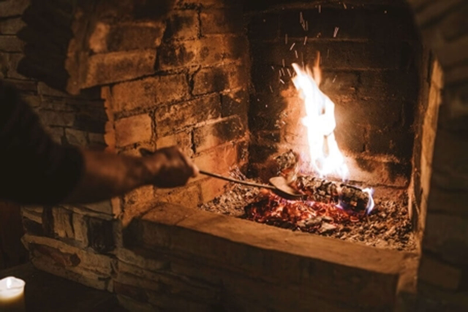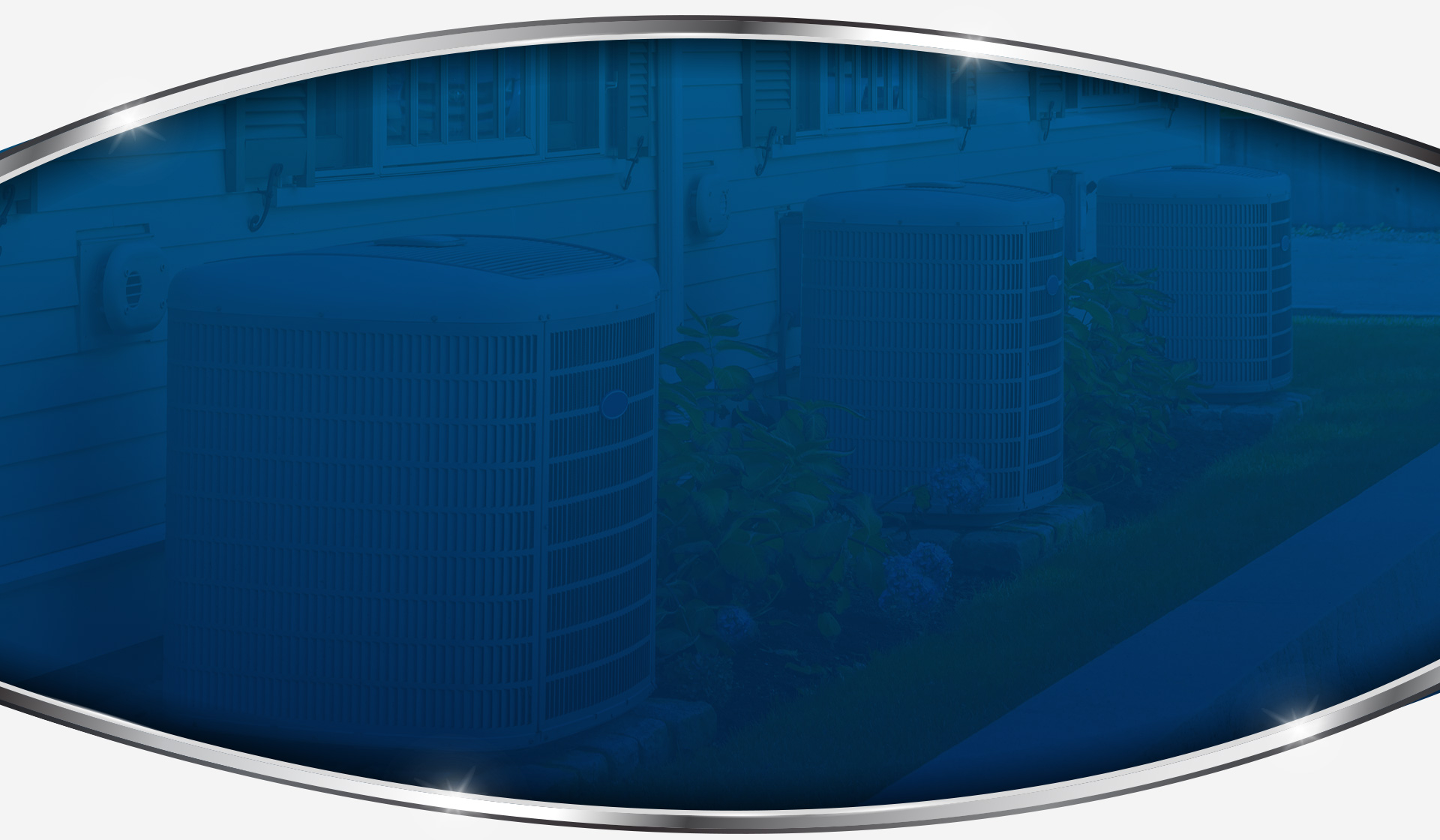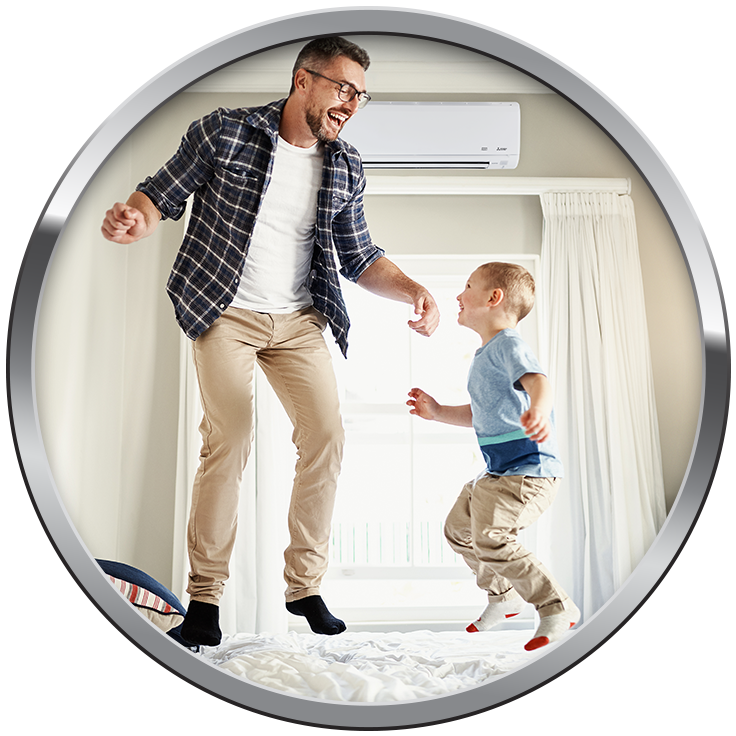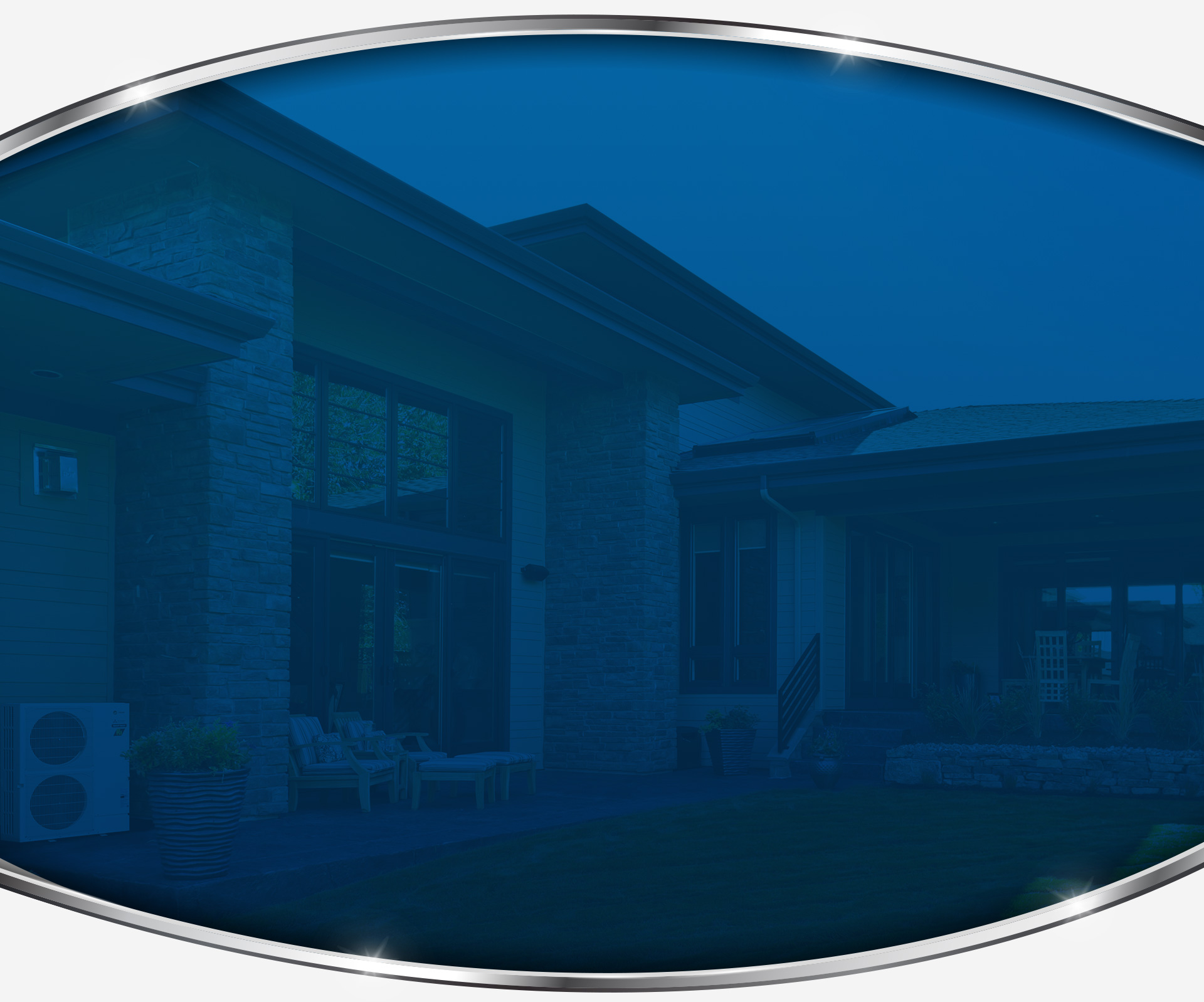
Keep Your Home Warm Efficiently with Expert Furnace Installation in San Jose, CA

At Pelle Heating & Air Conditioning, we understand the importance of a well-functioning heating system in your San Jose,CA home, especially during the colder months. With years of experience and a commitment to delivering high-quality service, our team provides professional furnace installation that meets the highest standards of safety and efficiency. We offer expert guidance on selecting the right furnace, ensuring your home stays warm and energy-efficient all winter long. Call us today at (669) 219-8957 for more information.
Why Furnace Installation Matters in San Jose, CA
When the winter chill sets in, having a reliable heating system in your home becomes essential. Furnace installation is not just about choosing the right equipment—it’s also about understanding how the right installation can influence your home’s comfort and energy efficiency. Whether you’re replacing an old furnace or installing a new one for the first time, careful planning and consideration are critical.
San Jose, CA may not experience the harsh winters of the Midwest, but the colder months still require an efficient heating system to keep homes comfortable. A well-functioning furnace ensures that your indoor environment remains warm and cozy. More importantly, a properly installed furnace can reduce energy consumption, helping you save on utility bills. Whether you're installing a furnace for the first time or upgrading an outdated system, professional installation is key to maximizing efficiency and longevity.
At Pelle Heating & Air Conditioning, we specialize in providing top-quality furnace installation services for residents in San Jose, CA. With years of experience in the HVAC industry, our team is equipped to handle all aspects of furnace installation, from selecting the right unit to ensuring it’s correctly installed for optimal performance.
Key Considerations for Furnace Installation
1. Understanding Furnace Efficiency
One of the most important factors in choosing a furnace is its efficiency. Furnace efficiency is measured by the Annual Fuel Utilization Efficiency (AFUE) rating, which indicates how much energy is being converted into heat. For example, a furnace with an AFUE rating of 80% converts 80% of the fuel into heat, while the remaining 20% is lost through the exhaust. In contrast, high-efficiency furnaces can reach AFUE ratings of up to 97%, meaning only 3% of the energy is wasted.
Choosing a furnace with a higher AFUE rating may cost more initially, but it will lead to significant energy savings over time. A high-efficiency furnace ensures that you remain comfortable without driving up your energy bills.
2. Fuel Sources for Your Furnace
The type of fuel your furnace uses is another critical decision. Common fuel types include natural gas, propane, oil, and electricity. Each fuel source has its advantages and disadvantages:
- Natural Gas: These are the most popular choice for many homeowners due to their efficiency and lower operating costs. Natural gas is a clean-burning fuel that heats your home quickly, making it ideal for mild winters.
- Propane and Oil: While less common, propane and oil furnaces are an option for homes that don’t have access to natural gas. However, they require on-site storage tanks and can be more expensive to operate due to fluctuating fuel prices.
- Electric: Electric furnaces are a safe and reliable option, though they are generally less energy-efficient and more expensive to run. However, they are easier to install and don’t require access to natural gas lines.
- Heat Pumps: An increasingly popular option in San Jose, heat pumps provide both heating and cooling. They are energy-efficient and eco-friendly, making them a great choice for environmentally conscious homeowners.
Choosing the right fuel source depends on your home’s infrastructure, local fuel prices, and your energy efficiency goals.
3. Zoning Systems: Customized Comfort for Your Home
Not all rooms in your home will heat evenly. Factors like room size, location, and construction can lead to temperature discrepancies. A zoning system allows you to divide your home into separate “zones,” each with its own thermostat. Dampers within the ductwork open and close to direct warm air only to the areas that need it. Zoning systems offer several advantages:
- Improved comfort: Eliminate hot and cold spots in your home by tailoring the temperature to different zones.
- Energy savings: Only heat the rooms you’re using, which reduces energy waste and lowers your utility bills.
- Extended system life: Your furnace works less hard when you can control the heating load, reducing wear and tear on the system.
For homes with larger floor plans or multi-level layouts, installing a zoning system with your furnace is an excellent way to enhance comfort and efficiency.
The Furnace Installation Process
How Long Does Furnace Installation Take?
The installation of a new furnace typically takes about 6 hours if the existing ductwork is in good condition. Factors like the complexity of the installation, the type of furnace, and whether additional adjustments (such as duct repairs) are needed can affect the timeline. We take detailed measurements to ensure your new furnace is installed in the ideal location. This level of precision is crucial for optimal performance and long-term efficiency.
Quality Installation is Key
While it may be tempting to cut corners with furnace installation, this can lead to costly problems down the road. A poor installation can cause your furnace to underperform, increase your energy bills, and require frequent repairs. Our certified technicians follow industry best practices to ensure that your furnace is installed correctly the first time.
We understand that each home is unique, so we customize the installation process to meet your specific heating needs. Whether you’re installing a furnace in a new home or replacing an old system, our team is committed to delivering the highest level of service.
Maintaining Indoor Air Quality
In addition to heating, your furnace plays a vital role in maintaining indoor air quality. The furnace blower circulates air throughout your home, and the system’s filters trap dust, allergens, and other pollutants. To keep the air in your home clean and safe, it’s important to replace furnace filters regularly.
We recommend changing your furnace filters at least twice a year—once before the heating season and again before the cooling season. This simple step not only improves air quality but also helps your furnace run more efficiently.
Types of Residential Furnaces
Choosing the right type of furnace depends on several factors, including your home’s heating needs, energy efficiency goals, and available fuel sources. Here’s a quick overview of the most common types of residential furnaces:
- Gas Furnaces: Efficient and cost-effective, gas furnaces are ideal for homes with access to natural gas. They heat quickly and are less expensive to operate than electric furnaces.
- Electric Furnaces: While easier to install and safer (with no risk of gas leaks), electric furnaces are generally less energy-efficient and more costly to run in areas with high electricity rates.
- Oil Furnaces: Suitable for homes without access to natural gas, oil furnaces provide consistent heat but require an on-site oil tank for fuel storage.
- Propane Furnaces: Propane furnaces offer similar benefits to natural gas but require a storage tank. They are a good option for areas without natural gas lines.
- Heat Pumps: These energy-efficient systems can provide both heating and cooling. They are eco-friendly and work well in moderate climates.
- Geothermal Heat Pumps: Among the most energy-efficient options, geothermal heat pumps use the stable temperature of the ground for heating and cooling, but they require significant upfront investment and access to land.
Choose Expert Furnace Installation in San Jose, CA
Investing in a quality furnace and professional installation ensures that your heating system operates efficiently for years to come. At Pelle Heating & Air Conditioning, we take pride in offering expert installation services tailored to the needs of San Jose,CA homeowners. From helping you choose the right furnace to ensuring a seamless installation process, our goal is to provide you with a warm, comfortable home all winter long. Contact us today for a consultation.

Don’t Miss Out on These Savings!
Furnace Installation FAQs
How long does it take to install a furnace?
- Furnace installation typically takes about six hours if your ductwork is in good condition. However, the timeline can vary depending on factors such as the type of furnace, whether duct repairs are needed, and the layout of your home. Working with a professional HVAC installer ensures that the installation is completed efficiently and within the estimated time frame. It's important to plan to minimize any disruption to your household during the installation process.
What type of furnace is best for my home?
- For most homes, natural gas furnaces are the most popular option due to their energy efficiency and lower operating costs. If natural gas is unavailable, electric furnaces or heat pumps can be excellent alternatives. Heat pumps are especially effective in mild climate, as they offer both heating and cooling options. Ultimately, the best furnace depends on your home’s infrastructure, budget, and energy efficiency goals.
Why is professional furnace installation important?
- Professional furnace installation is essential to ensure that your system operates at peak efficiency and safety. Improper installation can lead to numerous problems, such as inconsistent heating, higher energy bills, and increased risk of breakdowns. Certified technicians have the expertise to install your furnace correctly, minimizing the potential for future furnace repairs. Additionally, professional installation ensures that your furnace is optimized for long-term performance, saving you money in the long run.














